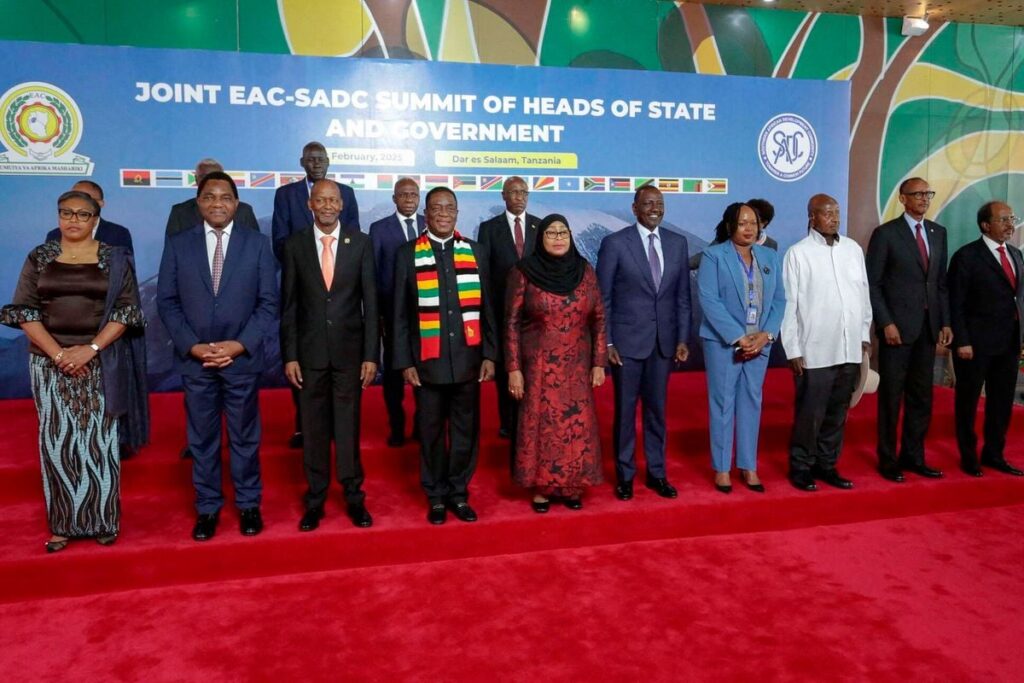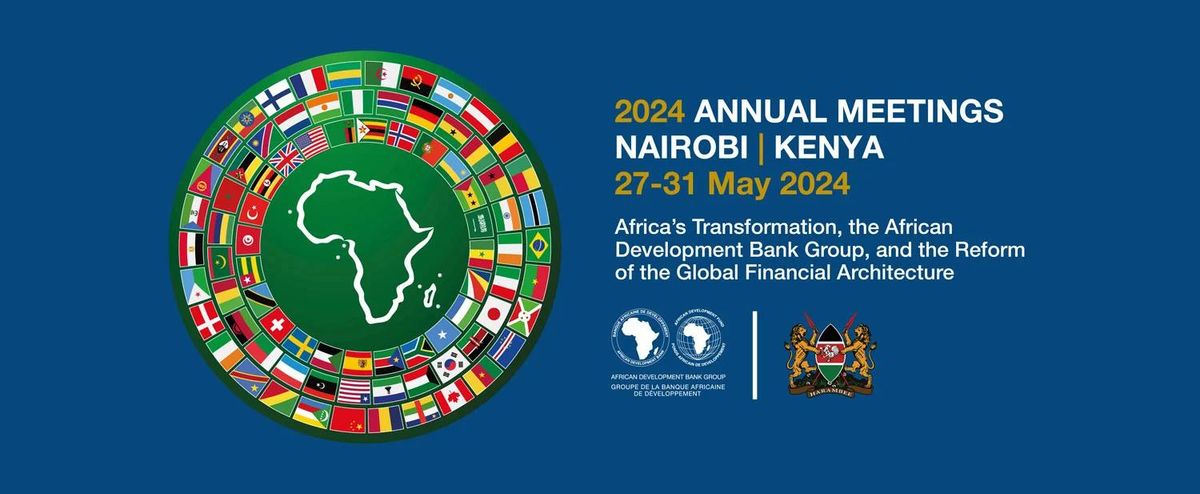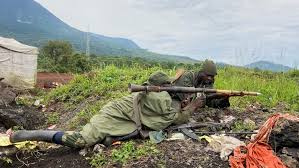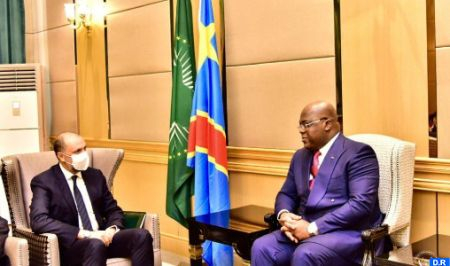The East African Community (EAC) and Southern African Development Community (SADC) have substantially restructured their joint mediation initiative for the Democratic Republic of Congo conflict, expanding the panel of negotiators and enhancing its regional representation.
Following Monday’s virtual summit, the two influential regional organizations increased the mediation team from three to five members, appointing additional former heads of state to strengthen peace efforts between DRC, Rwanda, and M23 rebels. The expanded panel aims to improve “gender, regional and language inclusivity,” according to the post-meeting communiqué.
Former Kenyan President Uhuru Kenyatta and Nigeria’s ex-leader Olusegun Obasanjo remain as mediators, while Ethiopia’s former President Sahle-Work Zewde replaces fellow Ethiopian Hailemariam Desalegn. South Africa’s former President Kgalema Motlanthe and Central African Republic’s ex-President Catherine Samba-Panza join as new appointees, creating a more diverse negotiating team.
This reorganization follows Angola’s withdrawal from mediation responsibilities, with Angolan officials citing competing priorities related to their African Union leadership mandate. Angola’s presidential statement referenced the need to refocus on broader continental initiatives including peace, infrastructure development, and economic advancement, while also alluding to unsuccessful negotiation attempts and external interference.
The restructuring coincides with deteriorating conditions on the ground, as M23 rebels reversed their pledge to withdraw from the strategic town of Walikale. Rebel leaders justified maintaining positions by claiming continued Congolese military operations in the region.
Regional diplomats express cautious optimism that the enhanced mediation team’s diverse composition might overcome previous negotiation barriers, though significant challenges remain given the complex intersection of regional interests, territorial disputes, and longstanding ethnic tensions underlying the persistent conflict.



